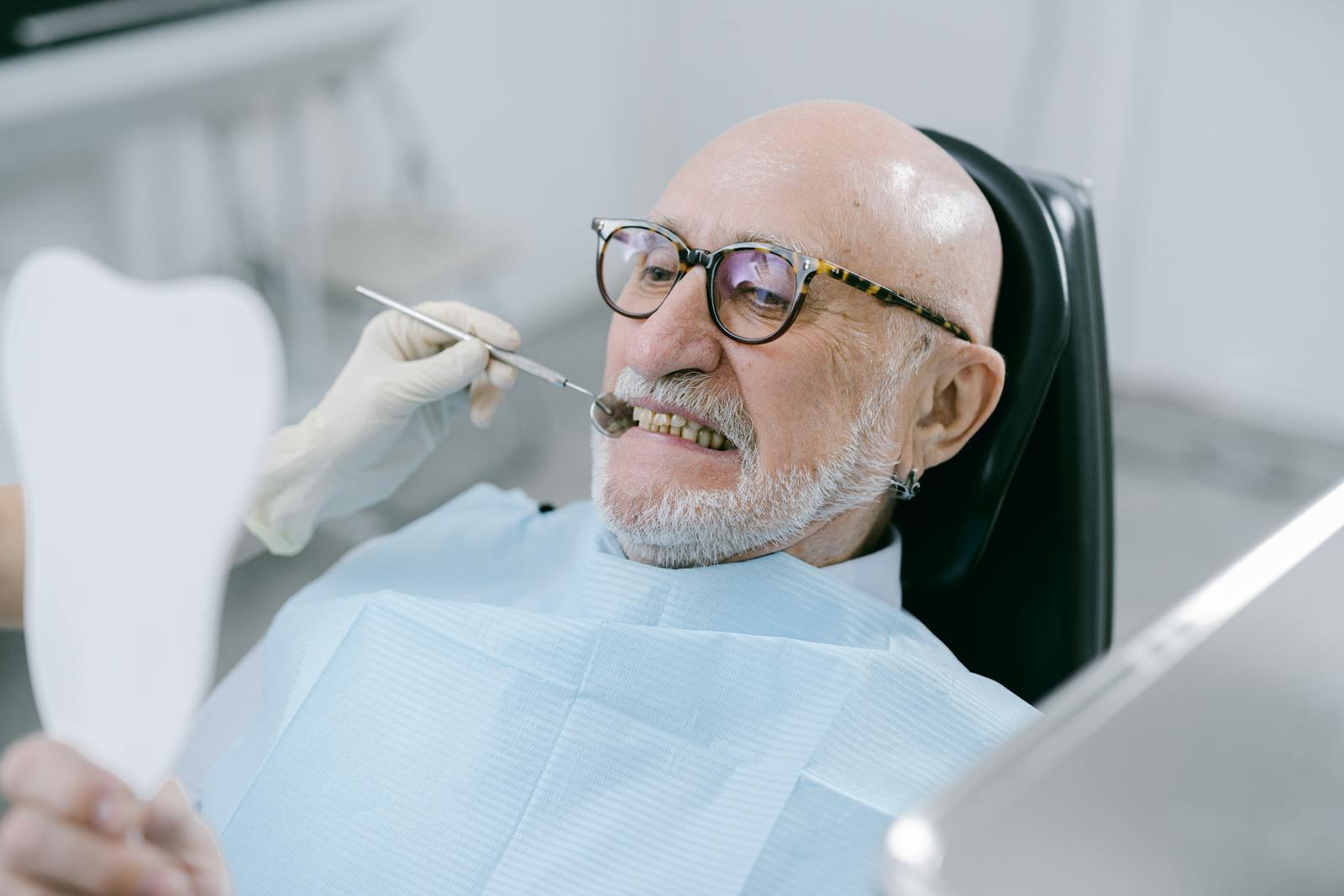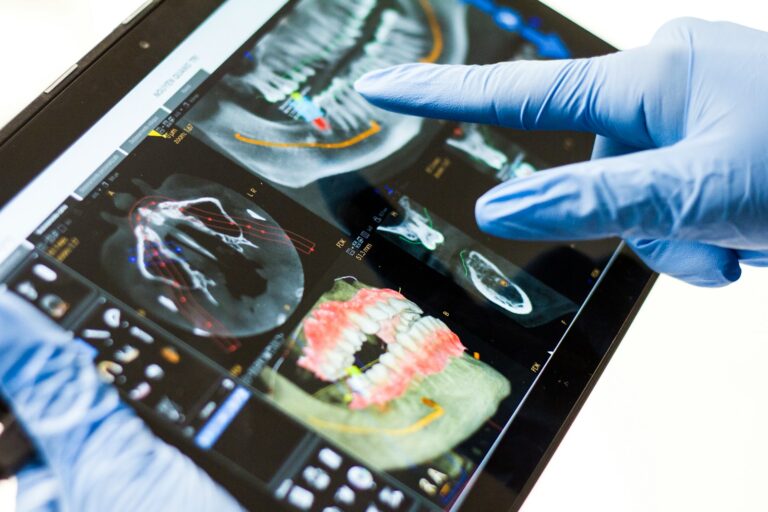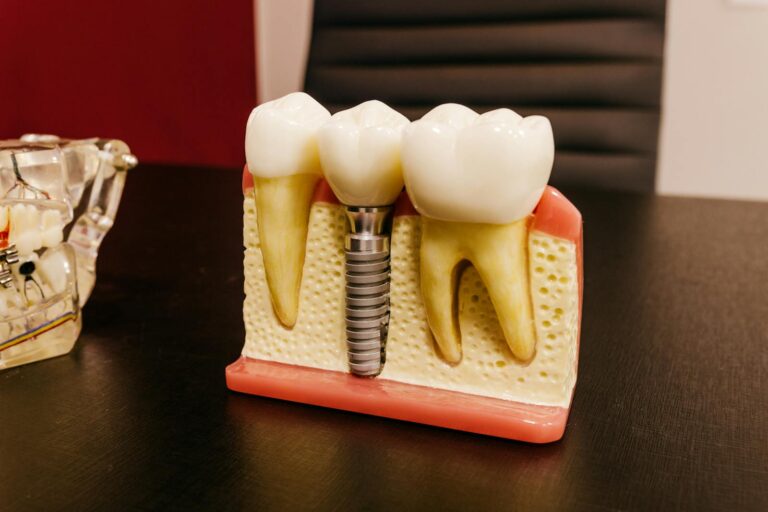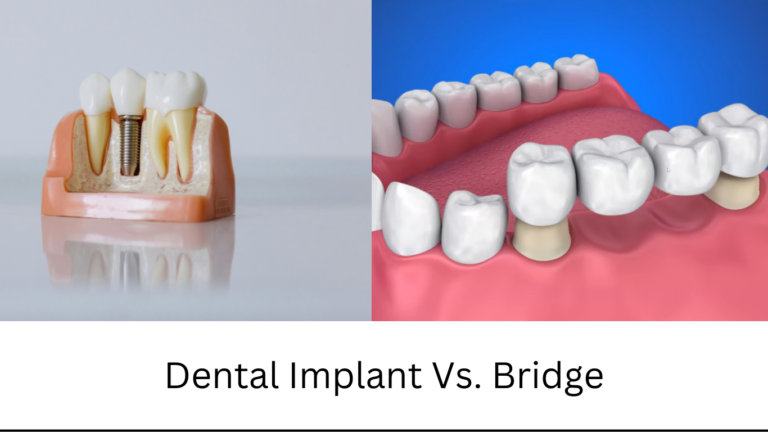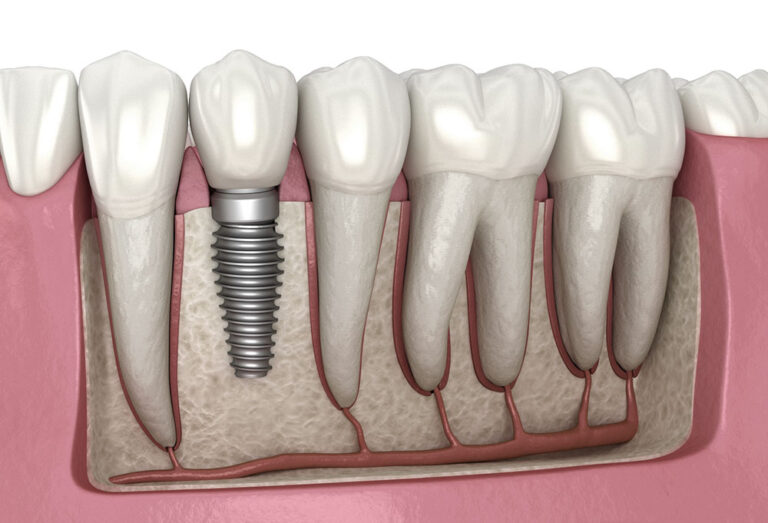What Is the Best Age to Get Dental Implants?
Dental implants are widely regarded as the gold standard for replacing missing teeth, offering long-term function, stability, and aesthetics. But one of the most common questions people ask is: “What’s the best age to get dental implants?”
The truth is, there’s no single perfect age. The right time to get dental implants depends more on your oral health, bone development, and overall medical condition than your exact age. That said, there are age-related considerations—both for younger and older patients—that can influence the timing of implant treatment.
Let’s break it down.
Are There Age Limits for Dental Implants?
There is no upper age limit for dental implants. People in their 60s, 70s, and even 80s often receive implants successfully. As long as you are in generally good health and have adequate jawbone structure, implants are a viable option.
On the other hand, there is a lower age limit—and that’s usually tied to whether the jawbone has fully developed. Most dental professionals recommend waiting until late adolescence or early adulthood before placing implants.
Why Jawbone Growth Matters
Dental implants are embedded into the jawbone, where they fuse with the bone in a process called osseointegration. If the bone is still growing—as it is during childhood and the teenage years—it can shift the implant’s position over time, leading to complications or the need for replacement.
For this reason, most dentists suggest waiting until around:
- Girls: 17 to 18 years old
- Boys: 18 to 21 years old
Of course, this can vary slightly depending on the individual’s rate of growth and development. A dental professional may take X-rays or scans to confirm whether jaw growth is complete before recommending implant placement.
Are Dental Implants Safe for Older Adults?
Absolutely. Age alone is not a barrier to successful implant treatment. In fact, dental implants can be life-changing for older adults who struggle with loose dentures or missing teeth. They restore confidence, improve nutrition, and enhance quality of life.
That said, certain age-related health factors may influence the planning and timing of dental implant treatment:
- Bone loss in the jaw – Over time, missing teeth can lead to bone resorption in the jaw, reducing the available bone structure needed to support an implant. In such cases, bone grafting may be necessary to rebuild the area before placement.
- Gum disease (periodontitis) – Healthy gums are essential for implant success. Older adults are more likely to have a history of gum disease, which must be treated and stabilized prior to surgery to prevent implant failure.
- Chronic conditions such as diabetes or osteoporosis – These conditions can affect healing and bone health. Well-controlled diabetes and managed osteoporosis do not typically prevent implant success, but they require careful assessment and planning by your dentist or oral surgeon.
- Medications that impact healing or bone metabolism – Certain medications, such as bisphosphonates (used to treat osteoporosis) or immunosuppressants, can interfere with the healing process or bone integration. Your healthcare provider will evaluate your medical history to determine the safest approach.
The good news? Even these factors don’t necessarily disqualify you. With proper evaluation and possibly some preparatory treatments (like bone grafting or periodontal therapy), many older patients are still excellent candidates.
So, What’s the Best Age?
The ideal time to receive a dental implant is when several important criteria are met, rather than being tied strictly to a specific age. These criteria include:
- Completion of jaw growth – This is typically around late adolescence or early adulthood. For most individuals, jaw development concludes by the late teens to early 20s. Placing an implant before this process is complete can lead to complications if the jawbone continues to grow and shifts the position of the implant.
- Healthy gum tissue and sufficient bone density – Strong, disease-free gums and a solid foundation of jawbone are essential for ensuring that the implant can fuse securely and remain stable over time.
- General physical health – Since implant placement is a form of minor surgery, candidates should be in good overall health and free from uncontrolled medical conditions that could hinder healing.
- Commitment to oral hygiene – Long-term implant success relies heavily on proper home care. Patients must be committed to brushing, flossing, and attending routine dental check-ups.
Whether you’re in your early 20s or well into your 70s, dental implants can offer a durable, natural-looking solution—as long as these conditions are met. The best age is ultimately the point in life when you’re physically and dentally prepared for the procedure.
Final Thoughts
There’s no universal “best age” for dental implants—only the right time based on your individual needs and oral health status. While young patients need to wait until their jaw is fully developed, older adults can enjoy the many benefits of implants well into their senior years.
If you’re missing a tooth or struggling with unstable dentures, dental implants could be the solution you’ve been looking for. The best way to know for sure? Schedule a consultation with your dentist to evaluate your bone health, discuss your goals, and create a treatment plan tailored to you.
